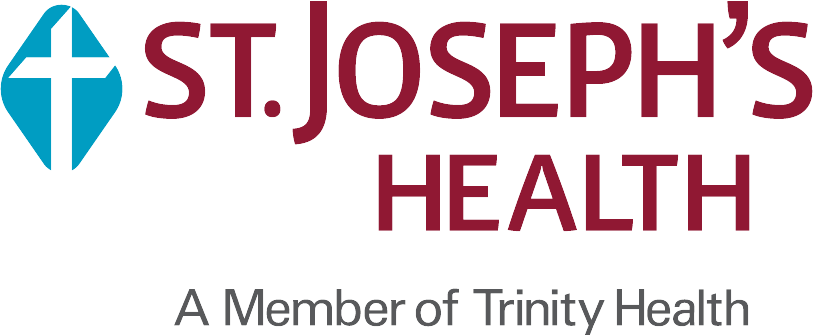Diagnosis & Treatments
How is Stroke Diagnosed?
Your board-certified neurologist will quickly conduct physical and neurological exams and ask you several questions about your symptoms, checking your:
- Balance
- Circulation
- Comprehension
- Coordination
- Intracranial atherosclerotic disease
- Muscle strength
- Muscle tone
- Reflexes
- Sense of sight and touch
- Speech
Your doctor may order some of the following tests:
- Cerebral angiography
- Brain CT (Computed Tomography) scan
- Brain MRI (magnetic resonance imaging)
- Carotid duplex
- CT (computed tomography) angiography
- Echocardiogram
- Diagnostic Angiography
- Magnetic resonance angiography (MRA)
- Preoperative embolization of brain tumors
Conditions Treated at St. Joseph's Health Hospital
- Stroke – acute ischemic and hemorrhagic
- Subarachnoid Hemorrhage
- Transient Ischemic Attack (TIA)
- Vasculitis
- Moya Moya disease
- Cerebral aneurysms
- Carotid stenosis
- Arterial Dissections
- Cerebral venous thrombosis
- Vascular malformations (AVM)
- Arterio-venous fistulas
How is Stroke Treated?
Call 911 immediately if you or a loved one experiences any signs of a stroke or mini stroke.
St. Joseph's Health Hospital's expert services cover every aspect of stroke care for patients and their families, including emergency stroke treatment. Because the first three hours after a stroke are critically important, St. Joseph's Health Hospital's emergency stroke team is adept at immediately determining the best course of treatment through various testing and diagnostic procedures. We provide round-the-clock stroke care 365 days a year.
Treatments/Procedures Performed at St. Joseph's Health Hospital
- Thrombolytics for acute Stroke
- Thrombectomy for Acute Stroke
- Aneurysm coiling and clipping
- Arterial embolization for epistaxis & arteriovenous malformation
- Carotid Artery Stenting/endarterectomy
- Patent Foramen Ovale (PFO) closure
- Intracranial stenting for ICAD, EDAS, and EC-IC bypass procedures

